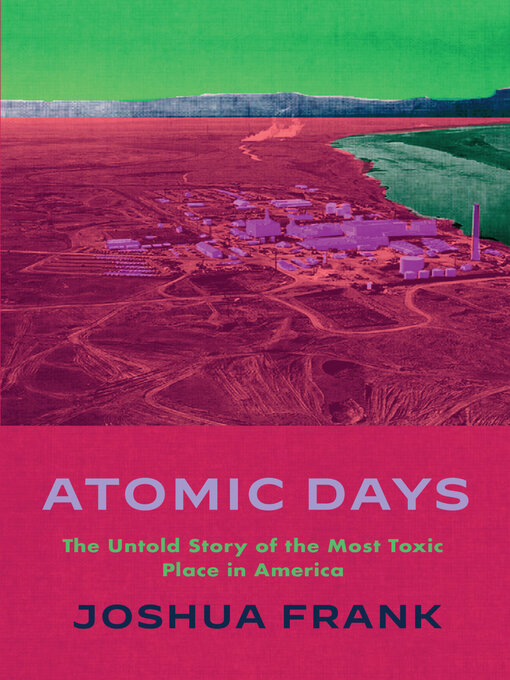Once home to the United States's largest plutonium production site, the Hanford Nuclear Reservation in Washington state is laced with 56 million gallons of radioactive waste. The threat of an explosive accident at Hanford is all too real—an event that could be more catastrophic than Chernobyl.
The EPA designated Hanford the most toxic place in America; it is also the most expensive environmental clean-up job the world has ever seen, with a $677 billion price tag that keeps growing. Huge underground tanks, well past their life expectancy and full of boiling radioactive gunk, are leaking, infecting groundwater supplies and threatening the Columbia River.
Whistleblowers, worried that the worst is ahead, are now speaking out, begging to be heard and hoping their pleas help bring attention to the dire situation at Hanford. Aside from a few feisty community groups and handful of Indigenous activists, there is very little public scrutiny of the clean-up process, which is managed by the Department of Energy and carried out by contractors with shoddy track records, like Bechtel. In the context of renewed support for atomic power as a means of combating climate change, Atomic Days provides a much-needed refutation of the myths of nuclear technology—from weapons to electricity—and shines a spotlight on the ravages of Hanford and its threat to communities, workers and the global environment.
- Available now
- New eBook additions
- New kids additions
- New teen additions
- Most popular
- Beloved: Celebrating the Work of Toni Morrison
- Where the Crawdads Sing Read Alikes
- Try something different
- See all
- Available now
- New audiobook additions
- New kids additions
- New teen additions
- Most popular
- Try something different
- See all

